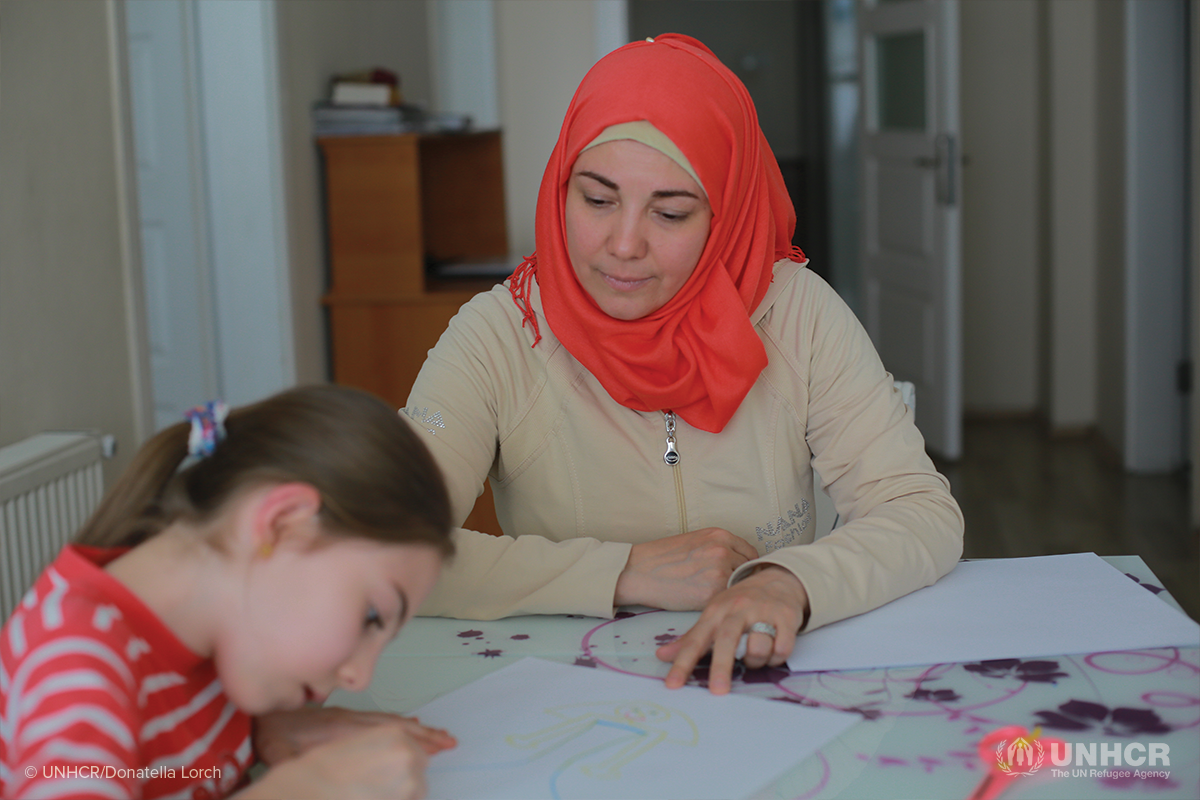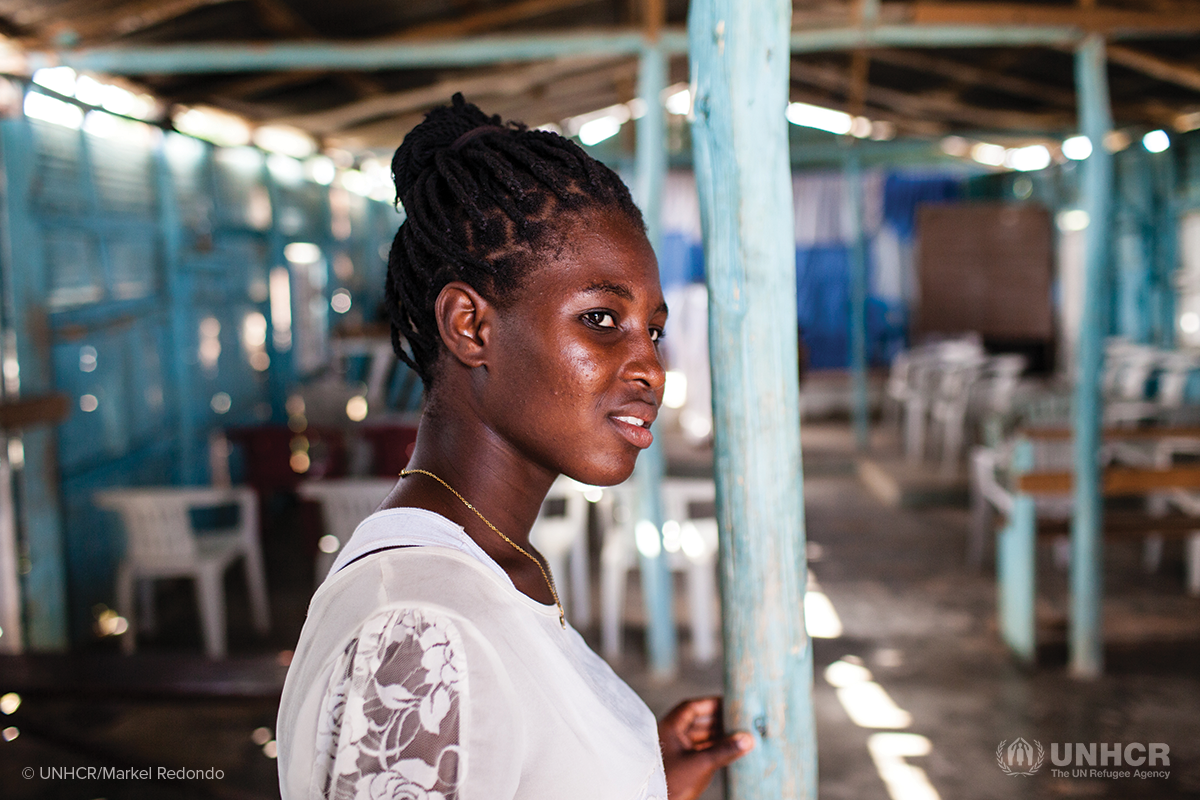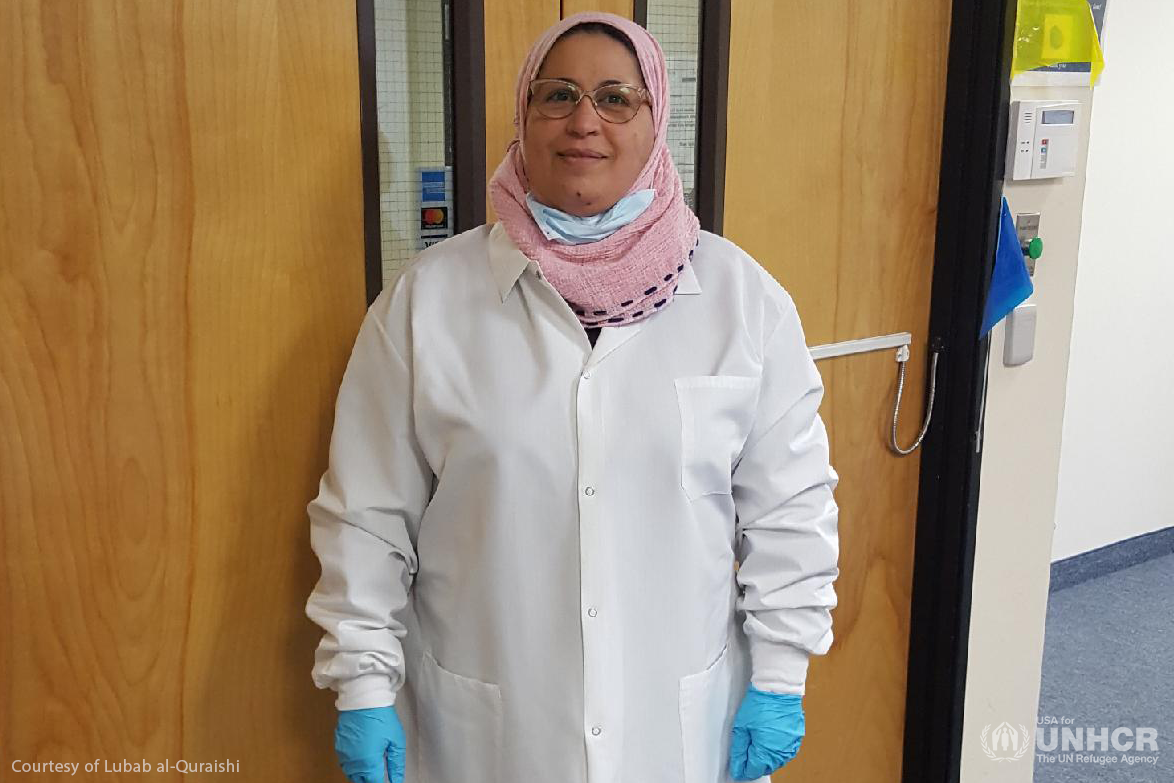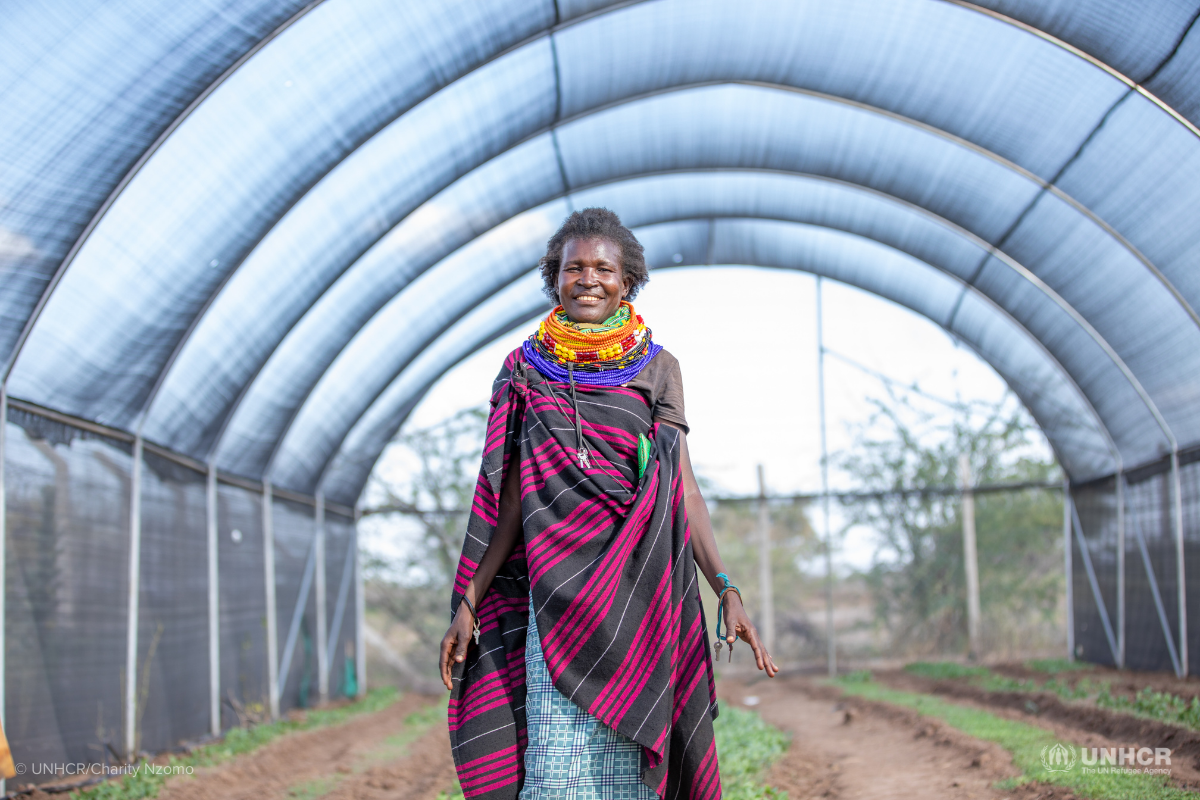Refugee Women in Science: Overcoming obstacles to realize dreams
The barriers to entering careers in STEM for forcibly displaced and stateless women and girls can seem endless. Girls and young women have limited opportunities for continuing education -- these challenges have been exacerbated by COVID-19. The Malala Fund estimates that half of all refugee girls in secondary school will not return to class when schools reopen.
For women who have already overcome education barriers and are working in science professions, many were forced to leave their careers behind to flee violence, war and persecution. Today on the International Day of Women and Girls in Science, we’re celebrating three women who are overcoming remarkable challenges to pursue their respective fields.
Darie

Before her family was forced to flee Syria in 2015, Darie was a medical microbiologist and the Head Chairman of the Microbiology Department at the University of Aleppo. Like all refugees, she did not want to leave her home and career behind. However, she faced no choice when the war reached her neighborhood.
When Darie arrived in Turkey, she was able to find a job teaching biology at a school and her daughter was able to continue her education. Darie’s husband was able to receive a work permit in Germany, but Darie and her daughter were not able to join him. Although they are safe in Turkey, uncertainty still plagues Darie.
“I love it here,” she said. “I have friends here. But this is not something permanent. My husband is not here. I miss my research. I want to teach in a university.”
Elimena

“I like science and I want to become a scientist. If I don’t get my papers, I will not be able to do this anywhere."
Elimena is a stateless young woman in the Dominican Republic. As a stateless person, she doesn’t have access to many basic public services and rights, including being able to go to school or get a job. Despite this obstacle, Elimena hopes she will be granted a nationality so she can pursue her dreams of becoming a scientist.
UNHCR, the UN Refugee Agency, is working closely with the Dominican Republic to end statelessness and restore hope to thousands of people like Elimena.
Lubab

Lubab was a medical doctor specializing in surgical pathology and Assistant Professor of Medicine at Baghdad Medical College. She was forced to flee when the war in Iraq made living in Baghdad extremely unsafe, especially as doctors and their families were being targeted. When Lubab was resettled in the United States in 2014, it was clear to her that picking up where she left off in her career would not be easy. “We started to look for something correlated to the medical field. But nobody gave us a chance to work,” Lubab explained.
For the next several years, Lubab worked jobs at CVS and fast food restaurants while looking for a way to re-enter the medical field. Finally, in 2018, a pathologist assistant position opened in New Jersey. Although she was overqualified for the position, it was a step back into her profession.
Since 2020, Lubab has been on the frontlines of the COVID-19 response thanks to an executive order in New Jersey that authorized temporary medical licenses to doctors licensed in foreign countries. Lubab is hopeful that she will be able to continue practicing medicine, even after the crisis subsides.
“Now you realize that there are international physicians here and now you recognize that we can help. [Refugees] went through way more difficult situations than this, we can handle COVID-19.”
How you can help…
UNHCR is working with displaced and stateless people around the world to help them continue their education and livelihoods. By becoming a monthly donor, you can support their journeys to safety, help them rebuild their lives and ensure a brighter future.


